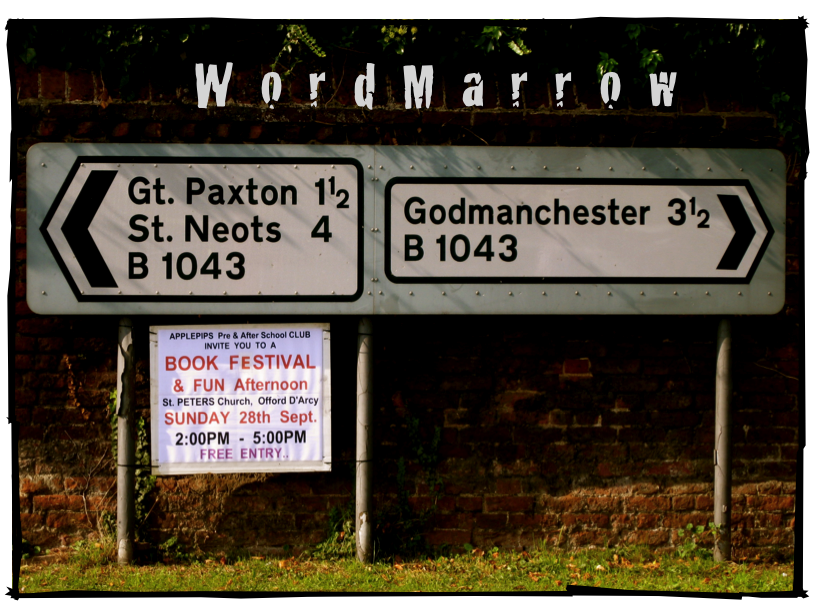

 My nose has a terrific memory. In times of forgetfulness it is my unwritten travelogue, and Friday was no different. To get There, we took a tube to east London and stood next to someone who did not take personal hygiene seriously. We passed a modern museum and the stench of a dumpster. Finally we turned a corner to a fresh breeze blowing off the river, smelling of fish and industry and centuries of secrets. We had arrived.
My nose has a terrific memory. In times of forgetfulness it is my unwritten travelogue, and Friday was no different. To get There, we took a tube to east London and stood next to someone who did not take personal hygiene seriously. We passed a modern museum and the stench of a dumpster. Finally we turned a corner to a fresh breeze blowing off the river, smelling of fish and industry and centuries of secrets. We had arrived.I couldn’t help but stare at the freshly painted structure. The grass that was to be our shelter for the next three hours promised a truly authentic experience (with the exception of the modern fire retardant.) Wooden beams crisscrossed upward to form a certain solidarity that made it possible for me to pretend that the building was an original—that the famed house of entertainment had survived through thousands of generations.
We were lucky that day with warm weather. The first weekend of October could have brought rain or clouds or a thick wind. But today’s afternoon sun was friendly. It wound between people in the queue and roughed up their anticipation of the event. We couldn’t tell if many people had attended before, which was good. No matter if it was the first time or the tenth, it appeared that it was always worth coming back to. People laughed and the energy was high. Strangers smiled to strangers. An American next to me whistled a familiar hymn. A women in an apron sold programs, some people ate a quick sandwich, and one girl enjoyed a brownie (I made a mental note to buy one after the performance.) While we all took in the view across the river, we mostly kept our eyes fastened on the door that would soon be the gateway to our reason for being here.
And finally the queue started moving.
When we entered the sphere, I was immediately transported to seventeenth century England. I couldn’t help but think of the commoners that had experienced laughter and tears through the original players—the masters who were the first to interpret William’s bantering. I wondered what they wore, if they had shoes, and how often they were able to come to experience it. Did they come with their families? Did parents allow their children to come? How racy was the dialogue? How violent the fights? So many questions bounced around my head as I turned in circles to look at the open-aired space around me. The brightly painted rafters told the story of the sky. The forest hung on banners in front and informed me we would spend an afternoon in the woods. Above us were decks of chairs and benches, and for a few select few, rented cushions that promised a more comfortable stay. (But we had the cheapest and the better view.)
My husband and I set our bags on a slab of cement right outside “the wedge” where only 25 people were allowed in. Our view was close, but not so close so that we would leave with neck spasms. We snapped pictures while we could. We chatted with a woman who wore a maroon apron. She was pleasant to talk with, but it was more fun to see how quickly she became stern when she needed to manage the crowd. She was not a softie by any means. (But she did gladly offer to take our picture at the end.)
The people trickled in and eventually filled the entire space. Amid the crowd conversation, we suddenly heard minstrel music. Two musicians had emerged from behind a curtain, quieted the crowd, and began to set a mood reminiscent of the Renaissance. Soon after, we were enthralled in the story.
The hilarity began.

